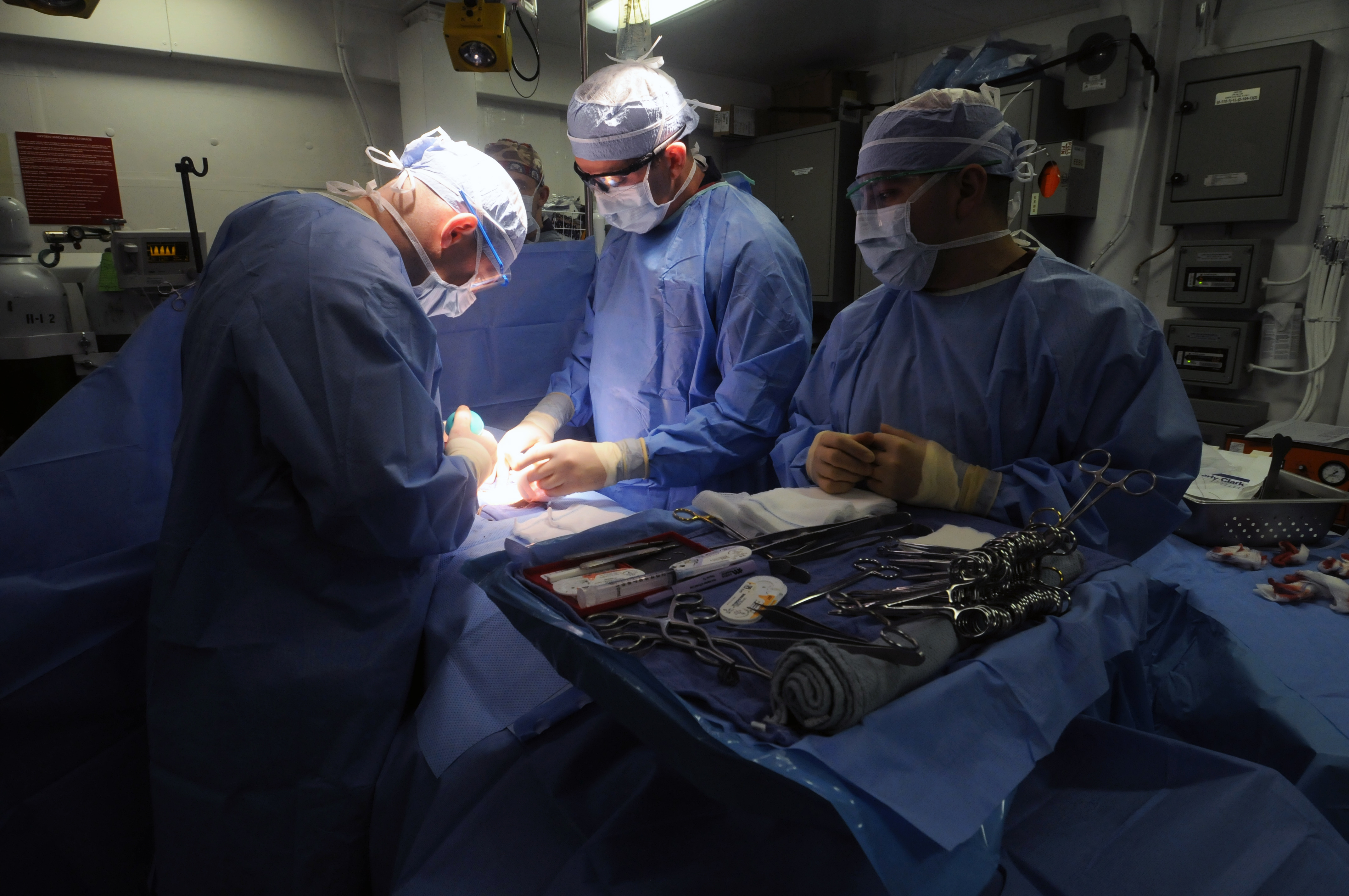The US Food and Drug Administration (FDA) approved a treatment for pediatric patients who are two years or older with neurofibromatosis type 1 (NF1). The treatment is called Koselugo, which is the first drug approved by the FDA to treat this debilitating, progressive and often disfiguring rare disease.
Koselugo is an approved drug for those patients who have symptomatic and inoperable plexiform neurofibromas (PN). According to a statement, “Koselugo is a kinase inhibitor, meaning it functions by blocking a key enzyme, which results in helping to stop the tumor cells from growing.”
“For the first time, pediatric patients now have an FDA-approved drug to treat plexiform neurofibroma, a rare tumor associated with NF1,” said Dr. Richard Pazdur, director of the FDA’s Oncology Center of Excellence and acting director of the Office of Oncologic Diseases in the FDA’s Center for Drug Evaluation and Research.
According to the Genetics Home Reference, NF1 is a condition characterized by changes in skin coloring and the growth of tumors along nerves in the skin, brain and other parts of the body. It begins in early childhood, where flat patches on the skin are darker than the surrounding areas. As adults with NF1, many develop noncancerous tumors, known as neurofibromas, located on or under the skin. Others may grow cancerous tumors that grow along the nerves.
One in 3,000 to 4,000 people worldwide have been diagnosed with NF1. The cause of this rare disease is due to a mutation on the NF1 gene. The gene makes a protein, neurofibromin, that acts as a tumor suppressor. In other words, “mutations in the NF1 gene lead to the production of a non-functional version of neurofibromin that cannot regulate cell growth and division. As a result, tumors such as neurofibromas can form along nerves throughout the body. It is unclear how mutations in the NF1 gene lead to the other features of neurofibromatosis type 1, such as café-au-lait spots and learning disabilities.”
The FDA approved drug was tested in a clinical trial conducted by the National Cancer Institute of pediatric patients who had NF1 and inoperable PN. According to the statement, “the efficacy results were from 50 of the patients who received the recommended dose and had routine evaluations of changes in tumor size and tumor-related morbidities during the trial. Patients received Koselugo 25 mg/m2 orally twice a day until disease progression or until they experienced unacceptable adverse reactions. The clinical trial measured the overall response rate (ORR), defined as the percentage of patients with a complete response and those who experienced more than a 20 percent reduction in PN volume on MRI that was confirmed on a subsequent MRI within three to six months. The ORR was 66 percent and all patients had a partial response, meaning that no patients had complete disappearance of the tumor. Of these patients, 82 percent had a response lasting 12 months or longer.”
“Previously there were no medicines approved for this disease. This approval has the potential to change how symptomatic, inoperable NF1 plexiform neurofibromas are treated and provides new hope for these patients,” said Roy Baynes, Senior Vice President and Head of Global Clinical Development, Chief Medical Officer from MSD Research Laboratories.
However, there are various side effects to using Koselugo that have been reported; some include, vomiting, rash, abdominal pain, fever, and more. But there are also some serious side effects such as heart failure and ocular toxicity.
Nevertheless, the US FDA has emphasized that ever since the COVID-19 outbreak, their efforts to help patients with rare tumors and life-threatening diseases are a top priority. Pazdur said, “everyone’s daily lives have been disrupted during the COVID-19 pandemic, and in this critical time we want patients to know that the FDA remains committed to making patients with rare tumors and life-threatening diseases, and their unique needs, a top priority. We continue to expedite product development for these patients.”












Join or login to leave a comment
JOIN LOGIN